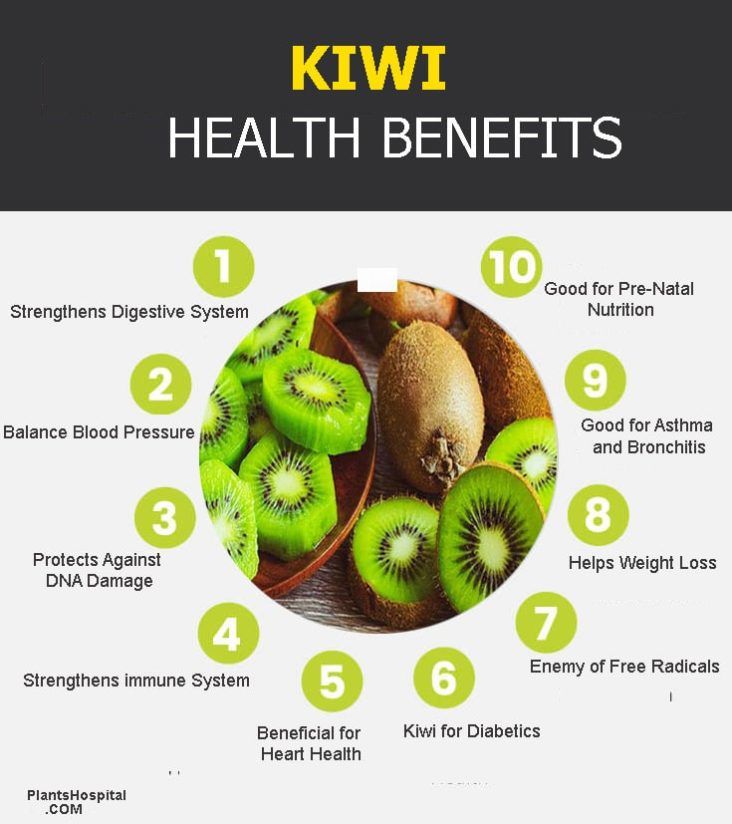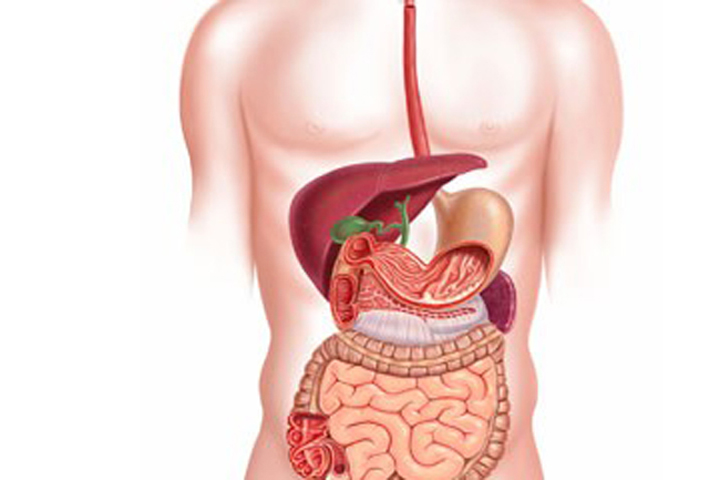Kiwi, also known as Chinese gooseberry is the edible fruit of the Actinidiaceae family. The kiwi fruit is slightly acidic and can be eaten raw. Kiwi has a sweet-sour taste and invigorating flavour, packed with antioxidants and healthy nutrients.
Nutritional Value of Kiwi

According to USDA database, 100 g of kiwi contains :
- Carbs- 14.7g
- Fiber- 3g
- Fat- 0.5 g
- Protein- 1.1 g
- Vitamin A- 87 IU
- Vitamin C- 92.7 mg
- Vitamin E- 1.5 mg
- Vitamin K- 40.3%
- Vitamin B6- 0.1 mg
- Calcium- 34 mg
- Magnesium- 17 mg
- Phosphorus- 24 mg
- Potassium- 312 mg
- Copper- 0.1 mg
- Manganese- 0.1 mg
Health Benefits of Kiwi

Kiwi is also considered as a superfood with twice the Vitamin-C content of an orange. Kiwi contains a natural combination of Vitamins A, B6, B12, E, and Potassium, Calcium, Iron, and Magnesium. Here are some of the widely known benefits of Kiwi.
Good for Asthma Patients
Kiwi contains a high amount of vitamin C which is good for Asthma patients and also filled with antioxidants that can help in treating Asthma. Studies show that if one consumes fresh kiwi fruit regularly, his/her lungs can work better and reduces symptoms of breathing problems.
Prevents Blood Clotting

Kiwi reduces fats in the blood and therefore it can prevent blood clotting, and that too without affecting blood cholesterol levels. Studies have proved that consuming 2-3 kiwis daily can reduce the chances of blood clotting. Researchers said the effects of consuming kiwi are similar to that of taking a daily dose of aspirin for heart health without any side effects.
Boosts Immune System

Kiwi is full of nutrients and vitamin C which is important for cellular function and protecting cells from free radical damage in the body. Kiwi may support immune function and protect the body from common cold and flu diseases. One wondrous thing to know is that one cup of kiwi contains 103% of the daily recommended value of vitamin C.
Improves Digestion

Kiwi contains a good amount of dietary fiber which aids digestion. Kiwi contains actinidin which helps in breaking protein and therefore enhances protein digestion. It is recommended to eat one kiwi after consuming a heavy meal and kiwi also has a mild laxative effect which improves digestion.
Prevents Vision Loss

Macular degeneration is the reason for vision loss, and kiwi may help your eyes in protection from it. Zeaxanthin and lutein contents in kiwi are known as eye vitamin. These compounds perform the function of antioxidants and also aids in the formation of vitamin A, which is a vital nutrient for eyes. Kiwi consumption also protects the retina by absorbing excess light that can damage retinas.
Good for skin health

Vitamin C in the kiwi synthesizes collagen, which is an essential nutrient that supports the texture of the skin and the health of bones. Anti-inflammatory properties of kiwi protect against acne and pimples formation on the skin and hydrate the skin. Outer application of kiwi on the face is also good for skin health.
Kiwi is a delicious fruit containing lots of antioxidants and nutrients but kiwi can cause allergy in some people because of its enzyme actinidin. If a person is allergic to banana and papaya, then he/she can also be allergic to kiwi. So, care must be taken.
This is all about the health benefits and nutritional value of Kiwi. For more information like this, stay connected…!!


